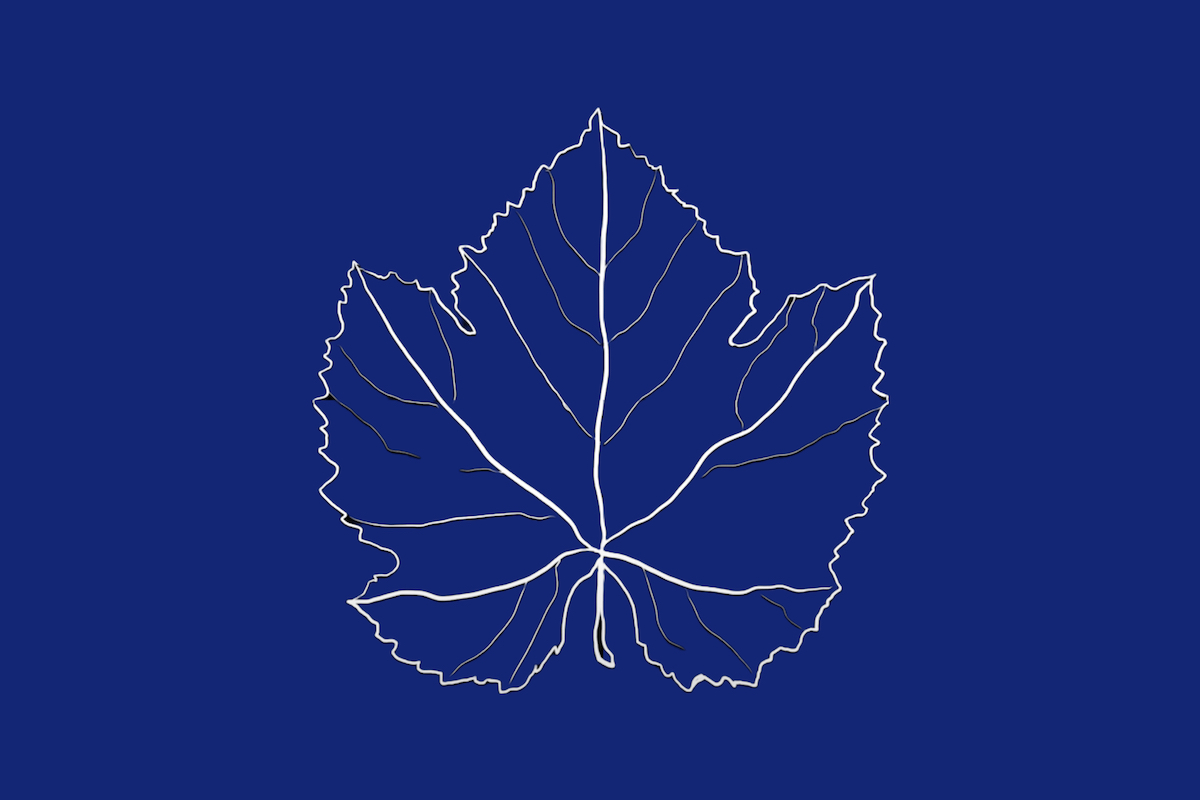"Quality does not match the mission" - Azerbaijani opinions about “The Dolma Diaries”
The Dolma Diaries is a new comedy series produced by a group of South Caucasian activists and journalists with the support of the German Friedrich Ebert Stiftung Foundation. The series focuses on the relationship of three students — a Georgian, an Azerbaijani and an Armenian sharing an apartment in Berlin. You can read more about the series here. We decided to get the opinions of those who have watched the first season of the show. Spoiler: all respondents liked the show, but not necessarily its execution.
Too many templates
Engineer Seymur Abbasov is not interested in politics, and he didn’t really like the show. The jokes weren’t funny and the characters weren’t engaging, he felt.
“More precisely, the Georgians are sympathetic, but the Armenians and Azerbaijanis are not. And in a scene where the Armenian and the Azerbaijani share a living room, it became very insulting for the Georgian, whom they pushed into a corner.”
But he liked the idea of making a comedy about young people studying abroad on a scholarship, especially from warring states and having to overcome hostility towards each other.
“As for the ideological dimension, the competing Armenian-Azerbaijani claims are portrayed, of course, in a very stereotyped way. And I’m afraid that this show could become a cause of more tension. Armenians will think they are portrayed in a negative way, and Azerbaijanis in a good one, or vice versa. As we usually do.”
He is also annoyed that a Western viewer might think that all Armenians and Azerbaijanis are hostile towards each other and, being together abroad, harass everyone around with their age-old disputes.
“After all, many of us communicate with each other normally. Of course, if the creators showed this category of people, there would be no point in making a show.
Quality does not match the mission
A veteran of the second Karabakh war, Agil Hajiyev, seemed interested in the idea of the series, but does not believe that such a “lightweight” format can seriously influence the target audience and help overcome mutual grievances.
“Still, we should not forget that the Armenian-Azerbaijani conflict is, in fact, a blood feud. The point is not that someone dislikes someone or considers himself better than the other, but that blood has been shed on both sides, a lot of blood. This is not just about stereotypes, but about much more serious reasons for mutual hostility. Yes, works of fiction – movies, books – can influence the situation and help resolve the feud. But they must be very high quality. And, of course, there should be a lot of them. Lots of quality movies, quality books. Not just one series.”
The Dolma Diaries’ quality, according to Agil, does not correspond to its mission.
“Take, for example, camera work. It is very weak. It looks like it was filmed on a phone. In general, I did not like the picture at all. But it’s not bad, you can watch and the motive is good.”
Good humor, but why is the West the bearer of peace?
Psychiatrist Logman Gasimov was impressed by the first season. He also knows some of the creators.
“It is always useful to be able to talk about painful, sensitive topics with humor. And this show should not be tied only to the Karabakh conflict. It talks about the relationship of the three South Caucasian peoples as a whole, with all their disputes, conflicts, stereotypes in relation to each other and search for mutual understanding.”
However, he was offended that Caucasians in the show are presented as unreasonable children, and the Europeans as the adults, teaching them to reason.
“The West is pursuing its own interests in our region; it is not a disinterested and wise bearer of peace. And if someday our peoples will achieve peace, it will be thanks to their own efforts, with their own strength and will, and not because the West will get us to get along.”
Logman believes that now is a good time to look at the Armenian-Azerbaijani conflict in a humorous way.
“There is no need to wait for the “right moment”, because it will never come if you do not bring it closer with the help of such initiatives.”
Philosopher Tinay Mushdiyeva also thought the portrayal of South Caucasian peoples in this show was biased in favor of Europeans.
“Three infantile Caucasian savages are taken under their guardianship and set on the true path by developed, reasonable Europeans. The owner of the apartment, the employee of the university — they all talk down to the main characters, frankly making it clear how stupid and minor their problems are . The irony in this show is one-sided, it is not balanced.”
This seemed heavy-handed to Tinay, exposing the conflicts in the South Caucasus in a distorted way and overly-simplifying them.
“It seems that the main reason for the conflicts that exist in the Caucasus and the countries of the “third world” is the infantilism of the peoples, their bad character. And the West, they say, has nothing to do with it. But it’s not that simple.“
Yet Tinay believes that, though ill-conceived and not successful, the attempt to deconstruct the “image of the enemy” and combat official propaganda is still a worthy one.
“The very idea of turning conflict into an object of irony, to make fun of it in a good way, is very good and can change the emotional angle from which young people look at the situation.”
Trajectories is a media project that tells stories of people whose lives have been affected by conflicts in the South Caucasus. We work with authors and editors from across the South Caucasus and do not support any one side in any conflict. The publications on this page are solely the responsibility of the authors. In the majority of cases, toponyms are those used in the author’s society. The project is being undertaken by GoGroup Media and International Alert and is funded by the European Union





















